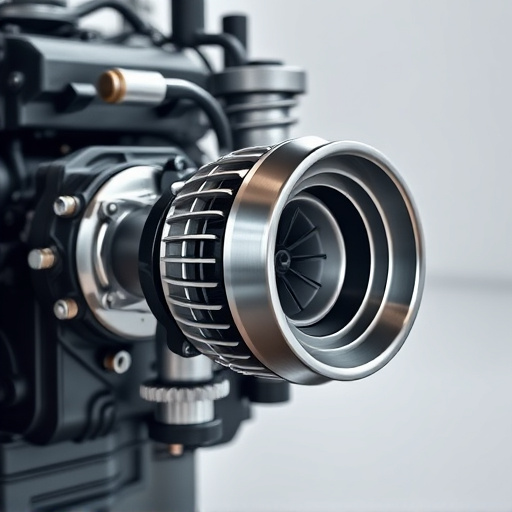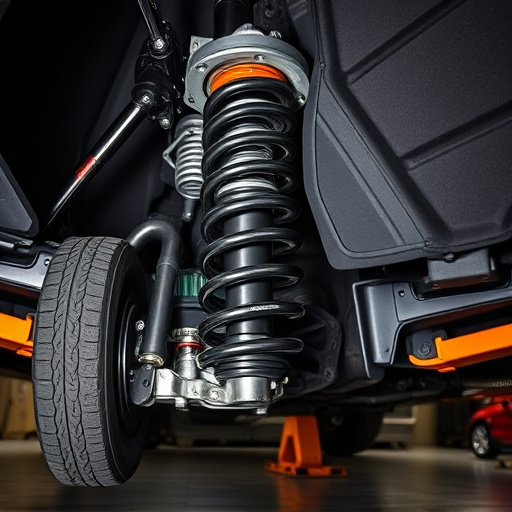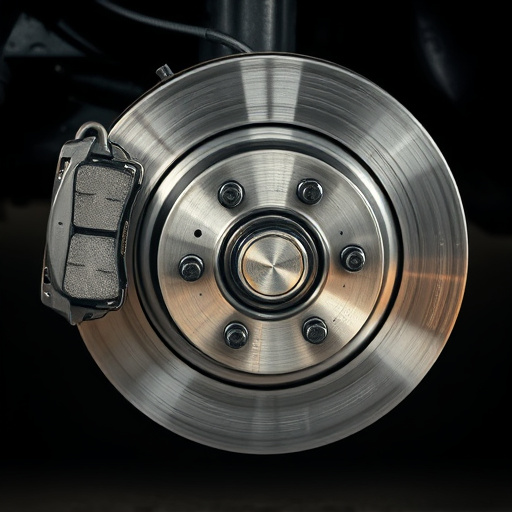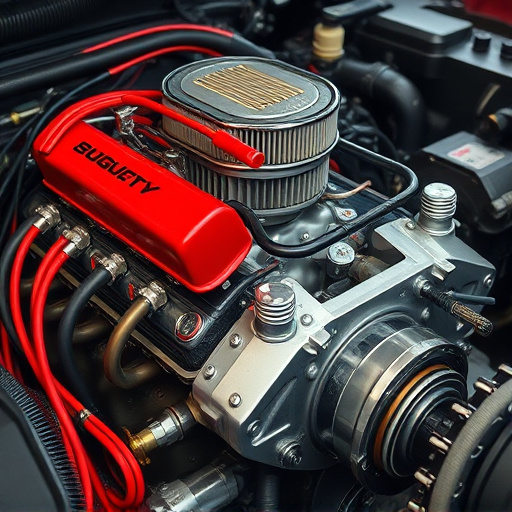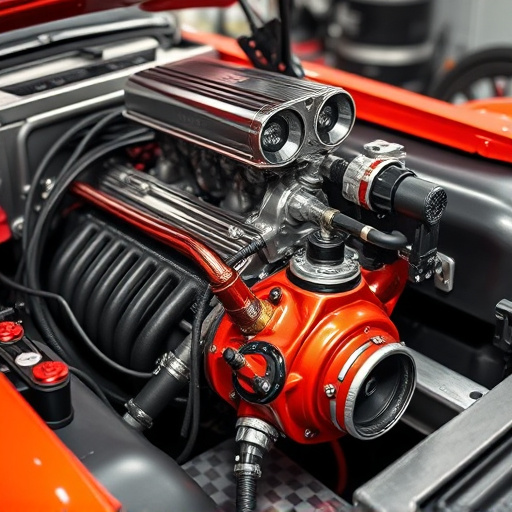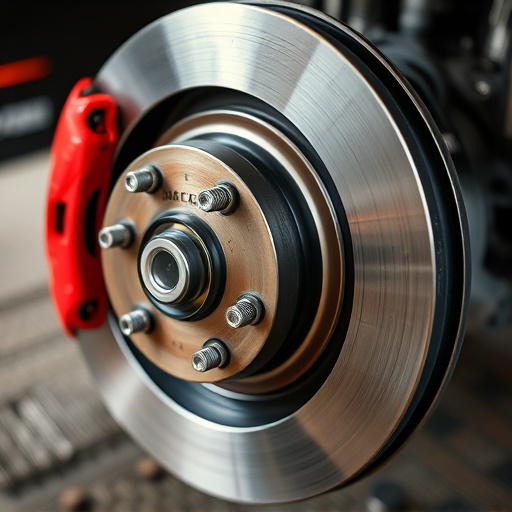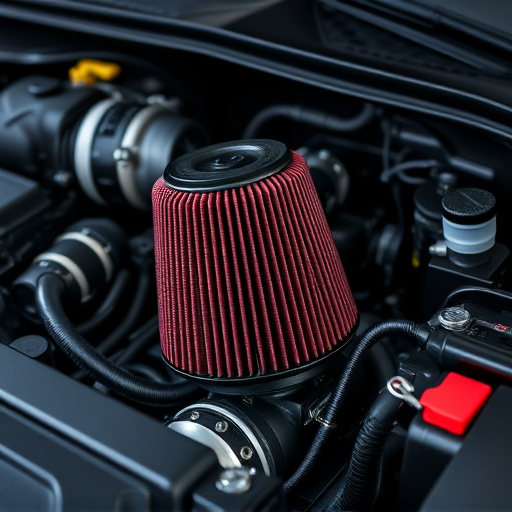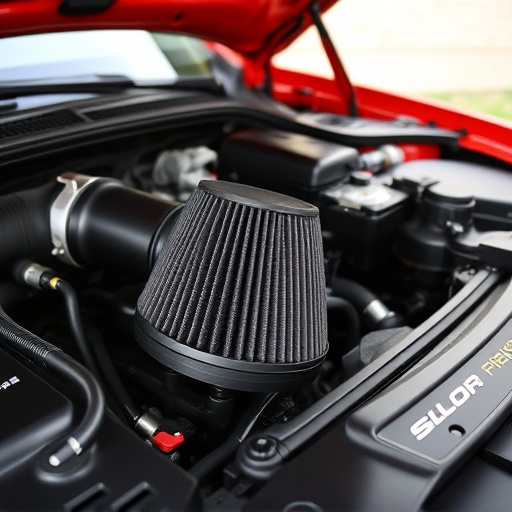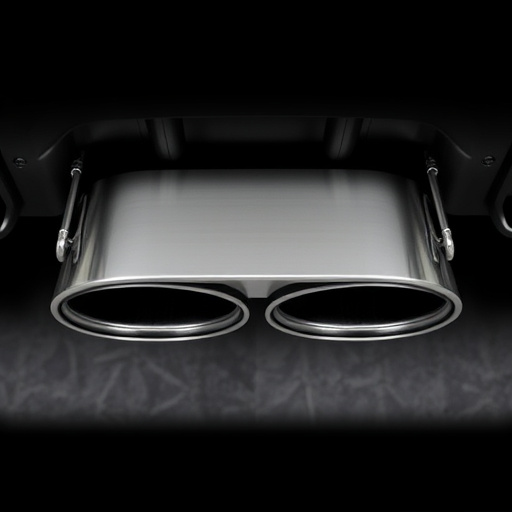Exhaust systems for cars are essential for engine performance and noise reduction. They include manifold, converter, muffler, and tailpipe components, optimizing power and fuel efficiency. Air intake systems and suspension kits also contribute to vehicle dynamics. Modern exhaust systems use advanced materials and technologies to improve fuel economy and reduce emissions. Well-maintained systems save costs and minimize environmental impact. Upgrading to high-performance exhaust systems enhances power, acceleration, and torque, leading to significant fuel savings. Coilover kits further refine suspension settings for improved control and efficiency.
Exhaust systems, an integral part of any car’s machinery, play a significant role in its overall performance and efficiency. These systems facilitate the release of harmful gases, but their impact extends beyond just emissions control. In this article, we delve into the intricacies of exhaust systems—their basic function, components, and intricate relationship with fuel economy. We explore how they can either hinder or enhance fuel efficiency, and we provide insights on upgrading to high-performance exhaust systems for optimal car performance and better gas mileage.
- Understanding Exhaust Systems: Basic Function and Components
- How Exhaust Systems Affect Fuel Efficiency and Emissions
- Optimizing Fuel Economy: Upgrading to High-Performance Exhaust Systems
Understanding Exhaust Systems: Basic Function and Components
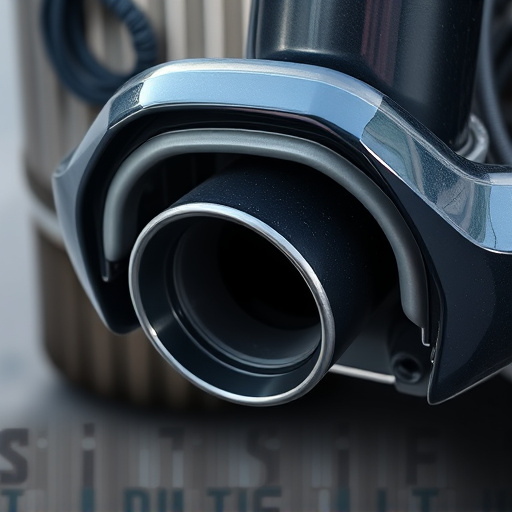
Exhaust systems for cars are an integral part of a vehicle’s design, serving to expel burnt gases from the engine and facilitate smoother driving. These systems consist of several components working in harmony. The primary function is to reduce the noise level of exhaust gases, ensuring a quieter ride for passengers, which also contributes to overall vehicle comfort. Additionally, they play a vital role in optimizing vehicle performance.
A typical exhaust system comprises several key parts: the manifold, catalytic converter, muffler, and tailpipe. The air intake systems and suspension kits, while unrelated to direct exhaust functions, indirectly impact overall vehicle dynamics, further enhancing the driving experience. Together, these components work to balance engine performance and fuel efficiency, ensuring your car runs smoothly and efficiently on the road.
How Exhaust Systems Affect Fuel Efficiency and Emissions
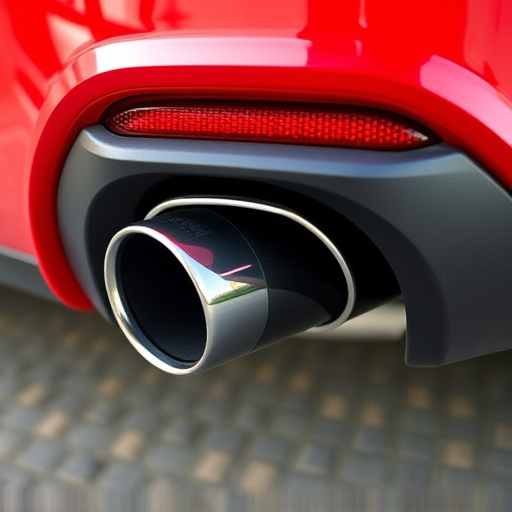
Exhaust systems for cars play a significant role in maintaining optimal fuel efficiency and reducing emissions. The primary function of an exhaust system is to facilitate the expulsion of burnt gases from the engine, which would otherwise impede performance and increase fuel consumption. By allowing gases to flow freely, these systems ensure that the internal combustion engine operates at its most efficient, thereby improving overall vehicle performance.
Moreover, modern exhaust systems are designed with advanced materials and technologies that further enhance efficiency. For instance, catalytic converters help in reducing harmful pollutants by facilitating their conversion into less toxic substances, while specialized mufflers minimize backpressure, enhancing engine breathing and resulting in improved fuel economy. This is especially relevant when considering the impact of daily driving on both fuel costs and environmental emissions, making well-maintained exhaust systems an essential component for any vehicle owner looking to optimize both performance and sustainability.
Optimizing Fuel Economy: Upgrading to High-Performance Exhaust Systems
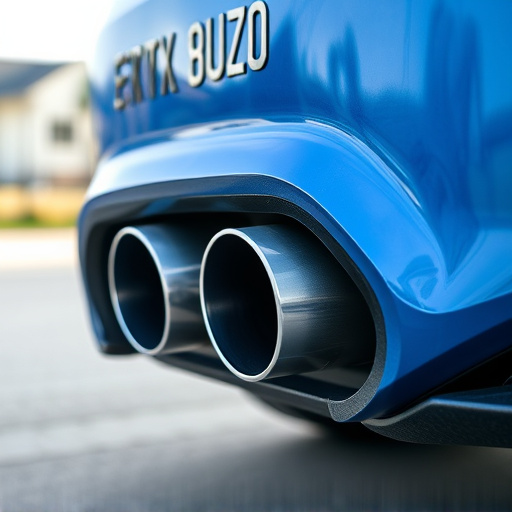
Optimizing your car’s fuel economy isn’t just about choosing the right fuel or maintaining good driving habits. Upgrading to high-performance exhaust systems can significantly impact your vehicle’s efficiency, too. These systems are designed not only to reduce backpressure in the engine, enhancing power and performance, but also to minimize weight and improve airflow, all of which contribute to better fuel utilization.
High-performance exhaust components, such as advanced catalytic converters, tailored air filters, and optimized mufflers, work together to streamline the exhaust process. By eliminating restrictions and reducing friction, these upgrades allow your engine to breathe more freely, resulting in improved torque delivery and smoother acceleration. Additionally, some exhaust systems come with performance brakes, like coilover kits, that fine-tune suspension settings, further enhancing driving dynamics and enabling better control during acceleration, all of which can lead to even greater fuel savings over time.
Exhaust systems play a significant role in your car’s overall performance, particularly its fuel economy. By understanding how these systems work and their impact on emissions, car owners can make informed decisions about upgrades. Investing in high-performance exhaust systems can lead to optimized fuel efficiency, offering a greener and more cost-effective driving experience without compromising power. This conclusion underscores the importance of considering exhaust systems as essential components in enhancing your vehicle’s environmental friendliness and economic benefits.

